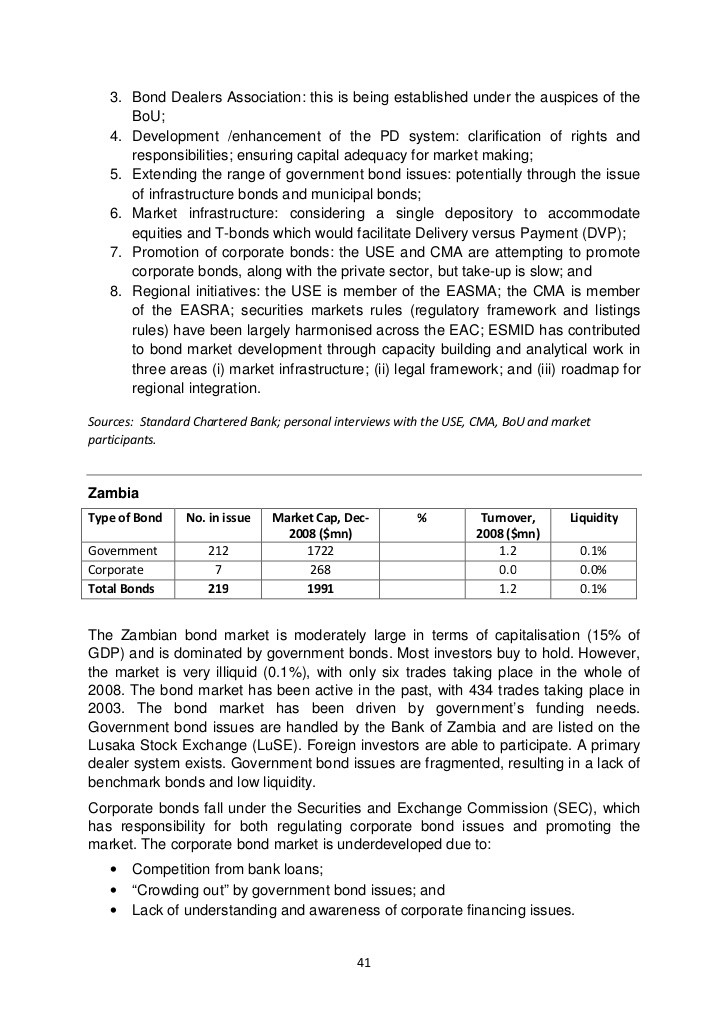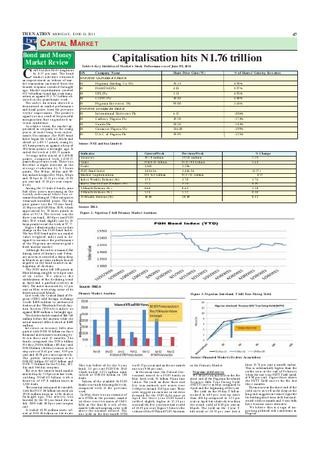Financial Markets Dealers Association
Post on: 13 Май, 2015 No Comment

The Financial Markets Dealers Association (FMDA), formerly Money Market Association of Nigeria is a self regulatory body in Nigeria; registered in 1989 under land (Perpetual succession) Act of 1962; to develop financial market infrastructure, human capital and promote professional and ethical standards in treasury activities in Nigeria, though it was informally started in 1979. The Association then was mainly populated by the commercial and merchant banks, whose activities involve treasury dealing and trading of securities. The membership of the Association was later extended to the discount houses, when in 1991 the guidelines establishing Discount house was published, in the spirit of deregulation and enhancement of monetary policy effectiveness.
In 2009 as a result of dramatic changes in the operating environment over the years, a new name, Financial Markets Dealers Association was registered to facilitate the deepening and development of Nigeria Financial market.
The Nigerian financial Markets services industry is comprised of the money and capital markets, with lots of inter-dependence for enhanced services. The former is where short and liquid financial instruments are created and traded with the Central Bank of Nigeria having the responsibility for regulating the market, while the latter is where long-term financial debt instruments are created and traded with the Securities and Exchange Commission and The Nigerian Stock Exchange having the responsibility for regulating the market.
For information about membership of the FMDA, please click here.
Nigerian Money Market
Money market has been described as the institution designed to facilitate the creation and trading of short-term financial instruments. In Nigeria, the Money market is made up of universal banks and some developmental finance institutions with the Central Bank of Nigeria serving as the apex regulatory body. It is a mechanism where liquid and short-term borrowing and lending take place.
Some of the instruments created and traded are Nigerian Treasury Bills, Nigerian Treasury Certificate, Commercial papers, Bankers’ Acceptance and other CBN Bills.
Nigerian Capital Market

The Capital Market consists of institutions designed to facilitate the creation and trading of long term financial instruments. It provides the platform for raising equity and debts financing instruments such as Bonds, Stocks and Shares. It comprises of the investment institutions and issuing houses as well as stock broking firms. The Securities and Exchange Commission (SEC) serves as the apex regulatory body while the Nigerian Stock Exchange (NSE) provides the trading platform for equities.
Presently, there is a Financial Services Regulatory Co-ordinating Committee (FRSCC), a non- statutory body that provides a top level forum through which all the regulators meet periodically to share information with a view to preventing regulatory arbitrage and forestalling systemic industry risks.
Operators in Nigerian Financial Services Industry
The industry, often described as the driver or enabler of the economy, is an umbrella for the following financial services providers in Nigeria:
- Deposit Money Banks (DMBs)
- Discount Houses
- Microfinance Institutions
- Finance Companies
- Bureau de Change
- Insurance Companies
- Stock Broking Companies
- Pension Funds Administrators
- Funds and Assets Manager
- Primary Mortgage Institutions














